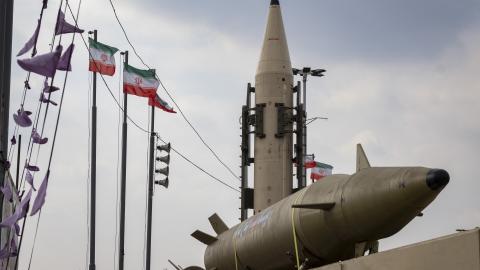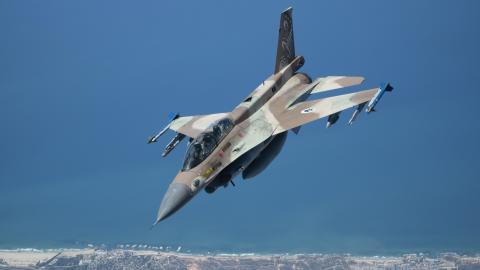# The evolving strategic-military and political situation in the wider Black Sea is producing effects well beyond the confines of the region, affecting the basic security interests of the West, in particular those of the United
States and its allies.
# A re-evaluation of security threats along NATO’s Southern and Eastern flanks appears to be necessary, with a clear differentiation between military and non-military challenges.
# Equal treatment should be given to the perceived vulnerabilities on the North (Baltic) and South (Black Sea) tiers of the NATO Eastern Flank, with an emphasis on proportionate increase of the allied dissuasion and deterrence capabilities in relation to the actual disposition of forces in the two theaters.
# A permanent NATO naval and air force presence in the Black Sea is fully justified with an aim to correct the emerging imbalance, possibly on a rotational basis in order to comply with the prescriptions of the Montreux
Convention of 1936.
# The true nature and purpose of the protracted conflicts in the Black Sea basin need to be realistically assessed with a view to developing the appropriate political and diplomatic instruments for defusing their explosive
potential and facilitating eventual resolution.
# The long-term consequences of Russia’s illegal annexation of Crimea need to be considered, including legal and economic implications.

Caption
An Air Force Global Strike Command unarmed Minuteman III ICBM launches during an operation test on February 23, 2021, at Vandenberg Air Force Base in California. (US Space Force)

















